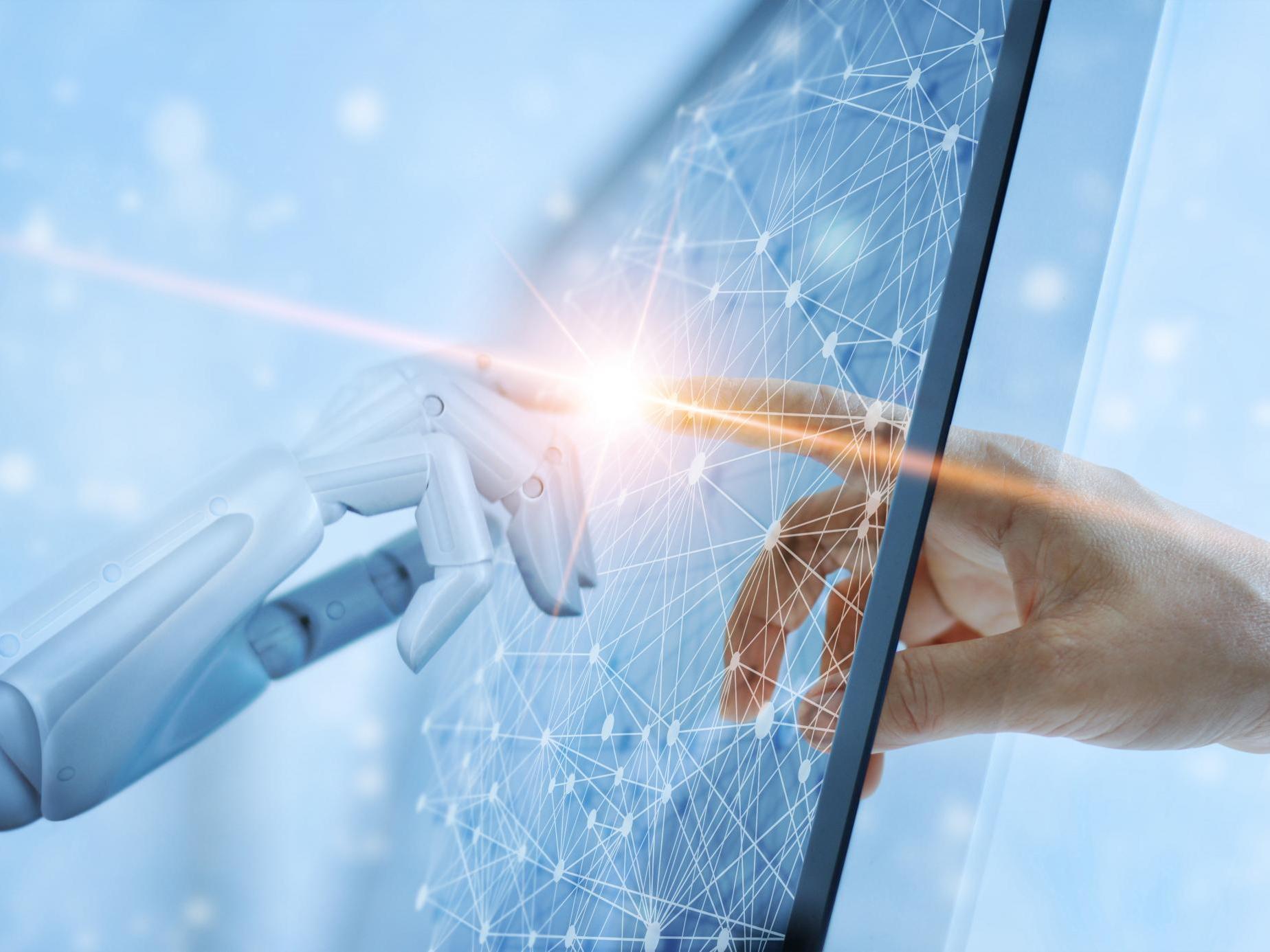Will artificial intelligence put journalists out of work?
One of the big advances in technology has been in voice recognition software and transcription services. But whether these developments will change the game entirely remains to be seen, writes John Rentoul


This has long been a staple of my collection of QTWTAIN – Questions To Which The Answer Is No. Originally the question took the form of headlines such as, “Will robots replace human journalists?” A few years ago, the questions became more insistent as some news organisations experimented with automating sports results or market reporting.
The answer was still always “No”. Most journalism is a form of conversation. While it is possible to imagine weather reporting or traffic updates being handled by software, writing news stories or comment articles is a form of Turing test that computers are still a long way from passing.
Even so, artificial intelligence is capable of some amazing things. One of the big advances in technology recently has been in voice recognition software. Many journalists, including me, now use a programme called Otter.ai (the ai stands for artificial intelligence), which converts audio recordings into text.
For something which is free and web-based it is remarkably good, and saves hours of my time transcribing recordings of talks and interviews. Of course, the raw transcripts need editing, especially for proper nouns and technical language – or poor quality audio. Indeed, I have started noticing transcription garbles in articles where the writer hasn’t checked the Otter.ai output closely enough.
I still think that shorthand is a valuable skill for a journalist to learn, even though I spent my Teeline classes in the pub, but for long interviews, an audio recording fed into Otter.ai, which thinks about it in the cloud for about half an hour, is the way it will be done from now on.
Yet the answer to the question is still “No”. Computers will be able to do the routine parts of journalism – and that now includes transcription – but that should free more journalists to spend more time doing the invention, creation and the talking to people that are at the heart of our craft.
And I think the demand for good, original, human-made journalism will continue to expand.
Yours,
John Rentoul
Chief political commentator
Join our commenting forum
Join thought-provoking conversations, follow other Independent readers and see their replies
Comments